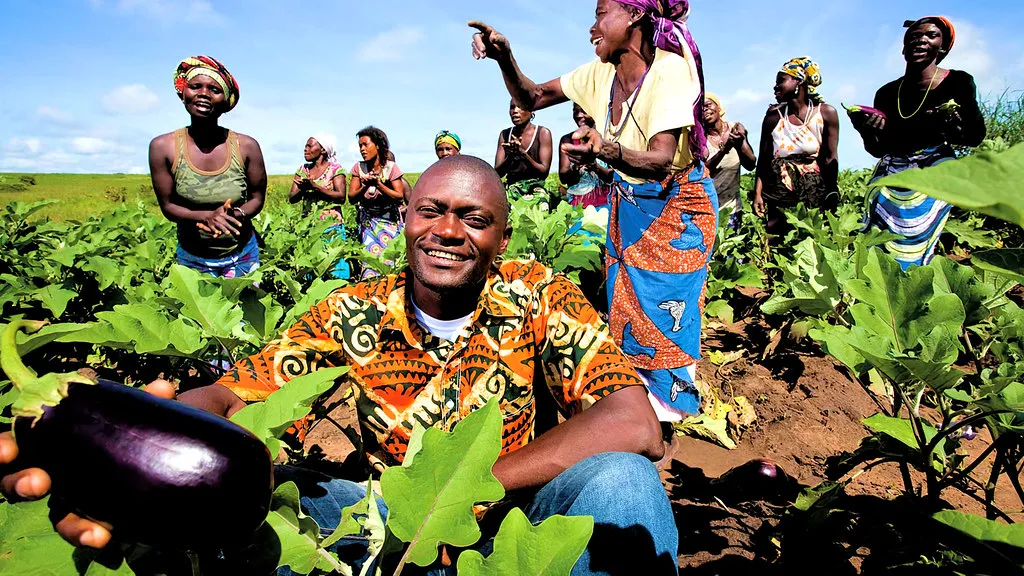Gherda Barreto, representative of FAO in Angola, highlights the challenges and recommendations for the agricultural sector in Angola, emphasizing the importance of a balance between investments in infrastructure and human capital.
Gherda Barreto, nearing the end of her term, was received by the Angolan Minister of Agriculture and Forestry, António de Assis, for an analysis of FAO’s actions over the past five years in Angola.
FAO’s Assessment
The representative of the United Nations Food and Agriculture Organization (FAO) in Angola, Gherda Barreto, recommended to the Angolan government to strike a balance between investments in infrastructure and human capital.
During a meeting with the Minister of Agriculture and Forestry, António de Assis, Barreto evaluated FAO’s actions over the past five years and highlighted the importance of directing resources towards the development of the agricultural sector.
One of the points addressed by Gherda Barreto was the need to invest in large-scale infrastructure, such as roads and storage, to improve logistics and enhance efficiency in agricultural production. However, she underscored the importance of balancing these investments with the development of human capital through training programs and access to credit for micro and small enterprises.
Another challenge highlighted by the FAO representative in Angola was the empowerment of rural women, who constitute 60% of the workforce in the agricultural sector. Barreto recommended that programs be specifically tailored to meet the needs of rural women, with concrete targets for financing and land access.
Furthermore, Gherda Barreto emphasized the importance of valuing agricultural products and ensuring fair prices for farmers. She also stressed the need to balance product prices with market prices to support farmers in replenishing their productive factors.
Price Balance
Another challenge mentioned by the FAO representative was Angola’s dependence on the importation of agricultural inputs, such as fertilizers and seeds. She emphasized the importance of investing in seed production and strengthening the country’s laboratory network to increase agricultural productivity.
Gherda Barreto believes that Angola has the human and natural resources to eradicate hunger in the country. She highlighted that family farming is crucial for feeding the Angolan population and the entire Africa.
The FAO representative commended the efforts of the Ministry of Agriculture and Forestry over the past five years to position agriculture as the centerpiece of the country’s economic diversification. During the meeting, Gherda Barreto also mentioned the field schools program, which has been strengthened by the Angolan government.
These schools aim to prepare farmers and promote the exchange of knowledge and experiences among rural producers. The FAO representative praised the program’s growth over the past five years, expanding from three provinces to nationwide implementation.
The FAO representative in Angola also recommended that the government strike a balance between investments in infrastructure and human capital, aiming for the sustainable development of the agricultural sector. She also emphasized the importance of empowering rural women, ensuring fair prices for farmers, and investing in agricultural input production.
With human and natural resources available, Angola has the potential to eradicate hunger and become self-sufficient in food production.
Conclusion
Family farming and investment in rural women are identified as crucial for food security in Angola. It is urgent to promote policies that value agricultural products, strengthen the country’s sovereignty in terms of agricultural investments, and stimulate sustainable production.

